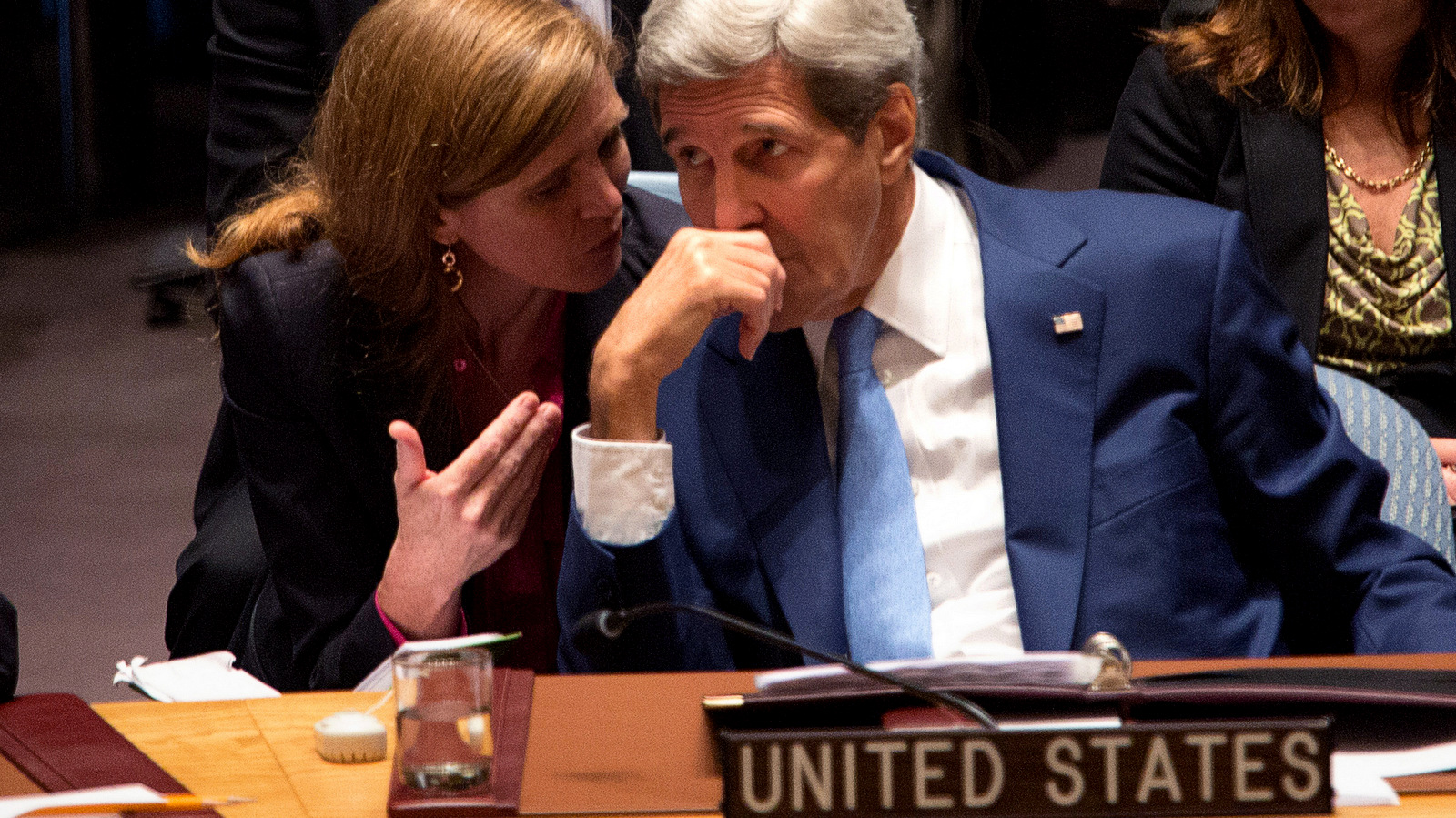The mainstream media continues its job as Praetorian Guard by consuming the airways with whether Obama’s putting troops in Syria really means “boots on the ground.” The drama centers on the status of their vaunted Special Forces, which enjoy greater discretion in murdering people and, it seems, don’t wear real boots.
The increasing U.S. intervention in Syria, through overt and covert means, is playing out a well-known strategy of those in the business of global hegemony—one known as the Hegelian Dialectic.
We now appear to be starting the “solution phase” of a Problem-Reaction-Solution method used for many goals of the State. Here it serves to exert control over foreign lands through death and destruction. Create the problem, stoke the reaction, and provide the solution.
Creating the problem involved nurturing those who would become ISIS, as the U.S. did al Qaida in its proxy war against the Russians in the 1980s. In its drive to unseat President Assad, the U.S.-led cabal armed and supported those who would rebel against Assad, but also brutally murder innocent people.
While the problem was being created, stoking the public reaction became a priority. A recent example includes the FBI saying that ISIS has been trying to attack the U.S. energy infrastructure, which the MSM readily echoed. Of course, the hackers were weak and the attempts not even close to being effective, but this act (which many 12-year-olds could likely duplicate) became a cause for war.
The path to a “solution” was no accident, and the solution being brought to Syria—courtesy of bombs, bullets and now boots on the ground—was years in the making.
One of the most important advisory organizations to the U.S. government, the Brookings Institution, described how events can be manipulated to result in military involvement. This would enable the creation of “buffer zones,” a key move in the modern pursuit of conquest.
In 2012, the Brookings Institution wrote in Assessing Options for Regime Change:
“An alternative is for diplomatic efforts to focus first on how to end the violence and how to gain humanitarian access… This may lead to the creation of safe-havens and humanitarian corridors, which would have to be backed by limited military power. This would, of course, fall short of U.S. goals for Syria and could preserve Asad in power. From that starting point, however, it is possible that a broad coalition with the appropriate international mandate could add further coercive action to its efforts.”
The first step in gaining control of Syria—or causing its division and destruction—is to create buffer zones or “safe havens,” which Brookings and others have long called for. The insertion of Special Forces in addition to air campaigns accomplishes this.
In June 2015, Brookings wrote in Deconstructing Syria: A new strategy for America’s most hopeless war:
“The idea would be to help moderate elements establish reliable safe zones within Syria once they were able. American, as well as Saudi and Turkish and British and Jordanian and other Arab forces would act in support, not only from the air but eventually on the ground via the presence of special forces as well. The approach would benefit from Syria’s open desert terrain which could allow creation of buffer zones that could be monitored for possible signs of enemy attack through a combination of technologies, patrols, and other methods that outside special forces could help Syrian local fighters set up.
Were Assad foolish enough to challenge these zones, even if he somehow forced the withdrawal of the outside special forces, he would be likely to lose his air power in ensuing retaliatory strikes by outside forces, depriving his military of one of its few advantages over ISIL.Thus, he would be unlikely to do this.”
While the purported goal of Obama’s use of Special Forces is to help in the battle against the Islamic State in northern Syria, it is no coincidence that the territory is in a desired buffer zone.
Of course, Russia’s military involvement on behalf of Damascus throws a wrench into the U.S. pursuit of regime change. This solution phase of the Hegelian Dialectic might not be able to survive a move by the target nation to enlist the help of another world power.
Highlighting the absurd nature of current events is the fact that Russia is operating legally (at the request of the Syrian government), while the U.S. and its allies do not have any standing by international law to be invading the country.
The story that we have to go into other countries to fight against some nebulous threat to U.S. interests is a familiar one, of course. It already played out in Iraq and Afghanistan.


